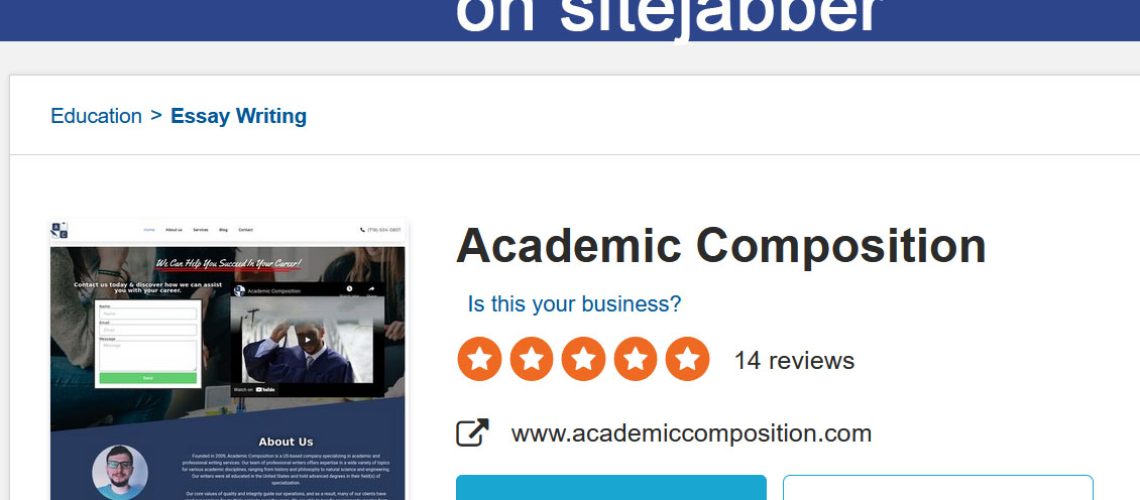In the fast-paced world of sports economics, a city’s entry into the National Hockey League (NHL) is more than just a matter of goals and assists. It’s an economic game-changer, with ripple effects that touch every corner of the community. Let’s take a skate around the ice and delve into the economic implications of two recent NHL expansions: Seattle Kraken and the Las Vegas Golden Knights.
Seattle Kraken: Unleashing the Economic Potential
When Seattle announced its NHL expansion team, the Kraken, the city was abuzz with anticipation. But beyond the excitement of ice hockey’s return to the Emerald City, economists had their calculators ready, assessing the potential impact.
1. Job Creation: A Power Play for Employment
The arrival of the Kraken meant more than just goals and assists. It meant jobs. From game-day staff to administrative roles, the Kraken’s presence translated into a job bonanza for the locals. Ushers, ticket takers, security personnel, and countless others found new employment opportunities. Local businesses flourished as fans flocked to bars, restaurants, and shops before and after games, generating a surge in revenue and additional job openings.
2. A Real Estate Boost: Stadium Surroundings
The construction of the Kraken’s home, the Climate Pledge Arena, breathed new life into the surrounding area. This rejuvenation stimulated demand for both residential and commercial properties, boosting real estate values and creating wealth for property owners. Local businesses benefited from increased foot traffic, and new ones sprung up, catering to the ever-growing crowds.
3. A Tax Boost: From Ice Rinks to Revenue Streams
Tax revenues experienced a notable uptick. Ticket sales, parking fees, and concessions all contributed to the local tax coffers. The added financial muscle allowed the city to fund various projects and services, ranging from infrastructure improvements to social programs.
Las Vegas Golden Knights: A Desert Success Story
Las Vegas, a city renowned for its entertainment, placed an audacious bet on ice hockey when they welcomed the Golden Knights to the NHL.
1. Hospitality Industry: A New Kind of Show
The Golden Knights’ impact on the local economy was nothing short of legendary. The city, already bustling with tourists, saw an even greater influx of visitors eager to catch a game. This translated to increased hotel bookings, restaurant reservations, and overall tourism revenue. The hospitality sector, in particular, benefited immensely.
2. Job Diversity: Not Just Ice, but Opportunity
Jobs in the hockey industry extended far beyond the rink. Local businesses reported surges in revenue as fans celebrated victories and lamented losses together. The influx of sports enthusiasts also spurred job growth in various sectors, from retail to transportation.
3. Beyond the Arena: Community Outreach
The Golden Knights actively engaged with the local community through charitable initiatives and events. This not only bolstered the team’s popularity but also contributed to a sense of unity and pride among residents. The team’s success also inspired a surge in youth interest in hockey, generating future players and fans.
4. The Economic Power Play
Both Seattle Kraken and Las Vegas Golden Knights have demonstrated the economic power of NHL expansion teams. From job creation to revenue generation and community engagement, the impact of these teams extends far beyond the confines of the ice rink.
In conclusion, hockey isn’t just a sport; it’s an economic driver. Cities with NHL teams, whether long-established or newcomers, benefit from increased employment opportunities, a boost in real estate values, and a surge in tax revenues. The arrival of a team can reinvigorate a city, bringing people together to celebrate the highs and lows of professional sports. It’s a story of camaraderie, economic prosperity, and, most importantly, the unifying power of the puck.
academiccomposition@gmail.com, 718-504-0807.

